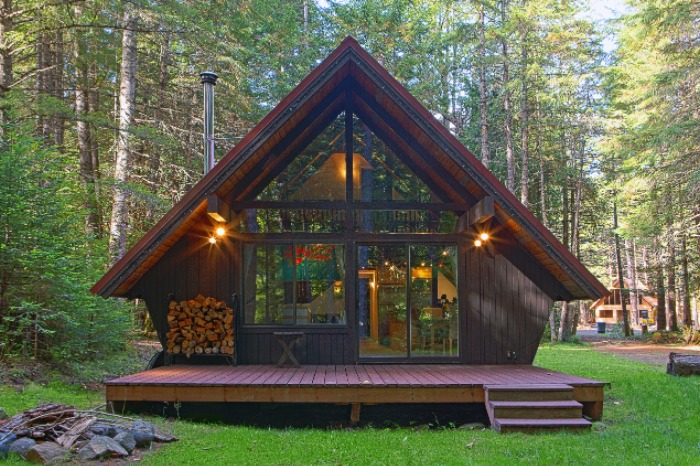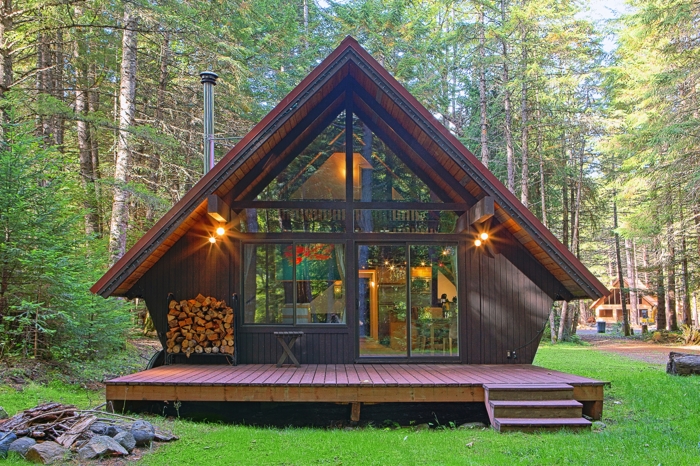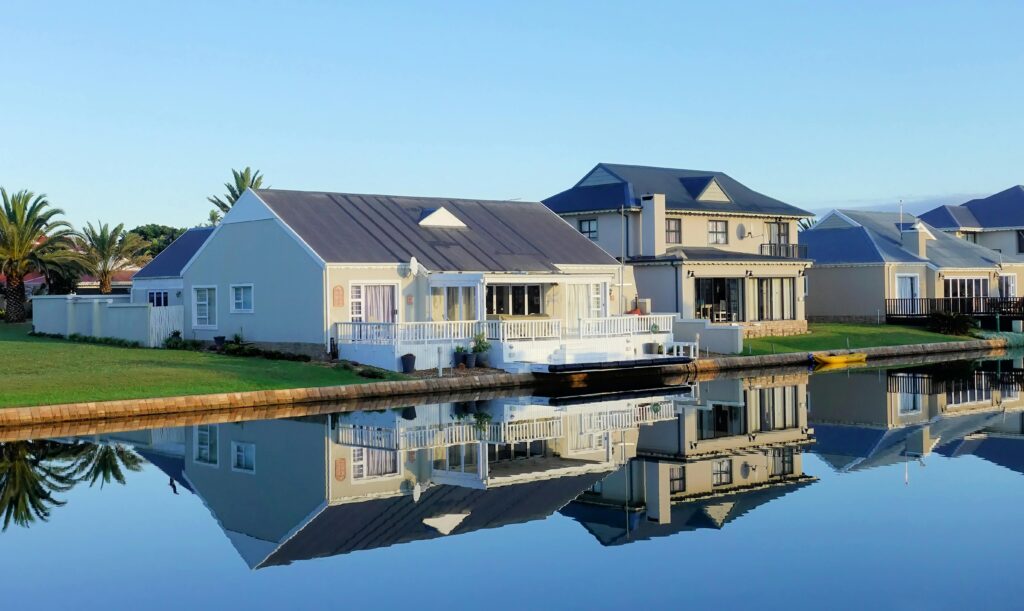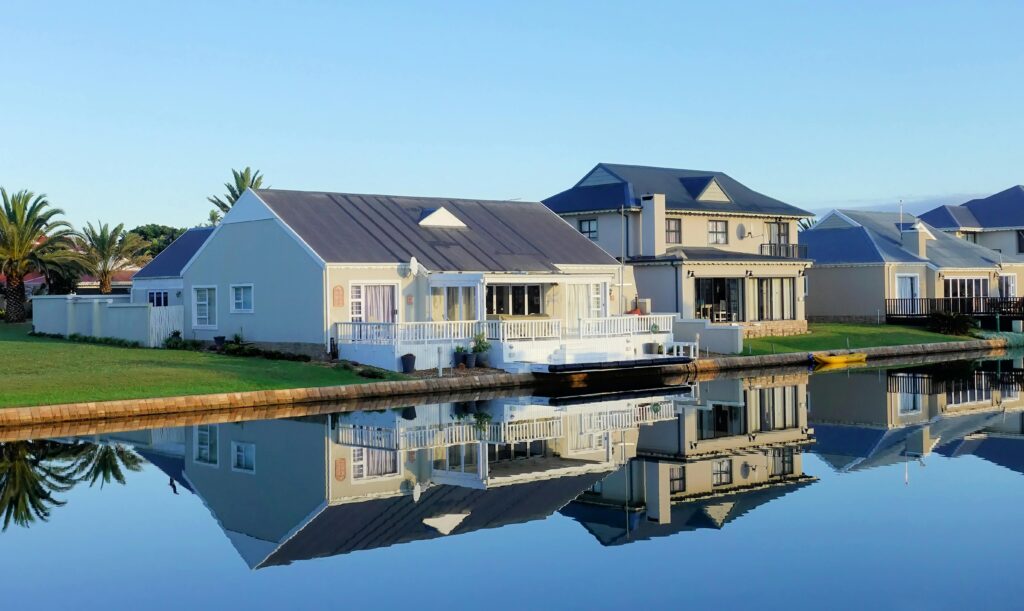Airbnb arbitrage insurance is a crucial consideration for anyone entering the world of rental arbitrage. As a host, understanding and securing the right insurance coverage is not just a precaution—it’s a critical aspect of your business strategy. In this comprehensive guide, we delve into the essentials of airbnb arbitrage insurance, providing you with the knowledge you need to protect your investment and your peace of mind. Careful planning is essential for success and legal compliance in rental arbitrage.
Shaun Ghavami
Shaun Ghavami is the Founder of 10XBNB, an online coaching program that teaches individuals how to build a profitable Airbnb business – and an Airbnb Superhost® who has generated over $5 million in booking fees and has over 1,000 5-star guest reviews on his Airbnb management company Hosticonic.com. Shaun has an official Finance Degree from UBC and completed certification with Training The Street.
Understanding Rental Arbitrage and Its Risks
Before we dive into the specifics of insurance, let’s first understand what airbnb arbitrage is. Airbnb arbitrage is a specific short-term rental strategy where an entrepreneur leases a property long-term and then re rents it on platforms like Airbnb or VRBO for a profit. The income generated from this model comes from the difference between the long-term lease cost and the short-term rental income received from guests. While this business model can be highly lucrative and allows individuals to generate income without purchasing property, it also comes with unique risks. Unlike traditional landlords, as a rental arbitrage host operating a short term rental business, you’re dealing with short-term tenants and rapid turnovers, which can increase the likelihood of property damage, liability issues, higher cleaning and maintenance demands, and income loss.
Operating a short term rental business through airbnb arbitrage requires strict compliance with local laws and obtaining all necessary permits or licenses. Short-term rental regulations vary widely, and Airbnb’s terms and conditions require hosts to comply with these local laws, which may include obtaining the property owner’s permission to sublet. Many landlords renting their properties may forbid rental arbitrage in their lease agreements or rental contracts due to concerns about property damage and financial implications. Most standard lease agreements prohibit subletting or rental arbitrage without explicit landlord consent, making it crucial to review your lease agreement and obtain written permission from the property owner before proceeding.
Consulting with a legal expert in real estate and rental laws is advisable to ensure compliance with local regulations and to understand whether rental arbitrage is legal in your area. Navigating local regulations and compliance is essential to mitigate legal risks associated with the rental arbitrage model.
The Basics of Rental Arbitrage Insurance
Typical landlord insurance policies may not offer adequate coverage for rental arbitrage activities. This is where rental arbitrage insurance comes in. Choosing the right insurance carrier is essential, as different carriers offer varying levels of protection for short-term rental businesses. It’s important to note that a standard renters insurance policy (HO4) is not sufficient for rental arbitrage, as it is designed for personal use and does not cover business activities—specialized business or commercial insurance is required. These policies often include property coverage for guest-caused damages, liability protection (a crucial aspect for protecting hosts from lawsuits and property damage liabilities), and income loss. Protecting your personal property used for the rental business is also important, so ensure your policy addresses this. However, the extent and specifics of coverage can vary greatly between providers, so it’s essential to thoroughly understand the terms and conditions of any policy you consider.
Commercial Short-Term Rental (STR) Insurance combines elements of homeowners, landlord, and business insurance into a single policy designed for high guest turnover. A Business Owners Policy (BOP) combines general liability with property coverage for short-term rentals. Commercial General Liability (CGL) covers legal costs and payouts if a guest is injured or their property is damaged. Standard homeowner or renter insurance policies typically deny claims related to guest stays in an Airbnb arbitrage business.

Property Damage Coverage: Protecting Your Assets
One of the primary concerns for rental arbitrage hosts is property damage. When evaluating insurance options, ensure your policy includes comprehensive property coverage that specifically protects against guest-caused damages. This should cover a range of incidents, from minor issues like broken dishes to major problems such as structural damage. It is advisable to choose high or even unlimited coverage limits for guest-caused damage, as security deposits may be insufficient to cover significant losses. Additionally, your short-term rental policy should include coverage for guest theft, damage, and liability for guest injuries, since standard policies often have gaps in these areas. Look for policies that also address specialized risks, such as bed bug infestations and liability for amenities provided to guests, like kayaks or pools. It’s also crucial to understand the policy limits and deductibles, as these will affect your out-of-pocket costs in the event of a claim.
Liability Protection: Safeguarding Against Legal Claims
Liability protection is another crucial aspect of rental arbitrage insurance, with liability insurance being a key component. This coverage protects you in the event a guest or a third party is injured on your property. A liability claim can arise if a guest is injured or if their property is damaged during their stay, potentially leading to lawsuits or financial losses for both renters and landlords. For example, if a guest slips and falls or if a neighbour’s property is damaged due to an incident at your rental, liability coverage can help cover legal fees and settlement costs. Commercial General Liability (CGL) insurance specifically covers legal costs and payouts if a guest is injured or their property is damaged. It’s important to ensure that your policy’s liability limit is high enough to protect your assets in case of a serious claim.
Loss of Income Coverage: Ensuring Financial Stability
Another risk associated with rental arbitrage is the potential loss of income, which can directly impact the income generated from the difference between your rental income and the long-term lease costs. This loss can occur due to property damage, natural disasters, or even legal issues that prevent you from renting out the property. Look for insurance policies that include loss of income coverage, which is important in rental arbitrage insurance as it compensates for lost rental income when the property is uninhabitable. Understanding the conditions and limitations of this coverage is vital to ensure it aligns with your business needs.
Choosing the Right Insurance Provider
Selecting the right insurance carrier is crucial for airbnb arbitrage insurance. Look for companies with experience in short-term rental (STR) insurance and a solid reputation, such as specialized providers like Proper Insurance, Obie, Liberty Mutual, and Farmers. Evaluate their customer service, claim response times, and reviews from other rental arbitrage hosts. Proper Insurance, for example, allows landlords to be added as additional insureds on the rental arbitrage policy, providing them protection under the host’s insurance coverage. For comprehensive protection, landlords should always be added as ‘Additional Insured’ in your STR insurance policy. In many cases, the property owner buys STR-specific policies and can name co-hosts as additional insureds to formalize the relationship. The cost of rental arbitrage insurance typically ranges from $80 to $200 per month, or $1,200 to $3,000 per unit annually, depending on the coverage limits chosen. It’s also wise to compare quotes and policies from multiple providers to ensure you’re getting the best coverage at a competitive price.
Landlord Insurance vs. Arbitrage Insurance: Key Differences and When You Need Each
When it comes to protecting your rental property, understanding the difference between landlord insurance and arbitrage insurance is a critical aspect of running a successful rental arbitrage business. While both types of insurance are designed to provide coverage for rental activities, they address different needs and risks—making it essential to choose the right insurance policy for your specific business model.
Landlord insurance is traditionally designed for property owners who rent out their homes or apartments on a long-term basis. This type of insurance typically covers property damage from events like fire, theft, or certain natural disasters, as well as liability coverage in case a tenant or visitor is injured on the premises. Landlord insurance may also include some protection for lost rental income if the property becomes uninhabitable due to a covered event. However, landlord insurance policies are generally structured for long term rentals and may not provide adequate insurance coverage for the unique risks associated with short term renting or the fast-paced nature of the short term rental market.
Arbitrage insurance, on the other hand, is specifically tailored for rental arbitrage hosts who lease properties and then re-rent them on a short term basis through platforms like Airbnb or VRBO. This type of insurance is designed to address the specific risks involved in the rental arbitrage business, such as frequent guest turnover, increased potential for property damage, and liability issues that can arise from short term renters. Arbitrage insurance often includes more comprehensive coverage for property damage, personal liability, and lost rental income due to business interruption—areas where standard landlord insurance may fall short.
The key difference lies in the scope and focus of coverage. Landlord insurance is best suited for property owners engaged in long term rentals, while arbitrage insurance is essential for those operating in the short term rental arbitrage space. If you’re a rental arbitrage host, relying solely on a landlord policy—especially one held by the property owner—can leave significant gaps in your protection. Many landlords may not allow or provide coverage for subletting or short term rental activity, making it even more important to secure proper insurance that aligns with your business strategy.
In summary, if you own the property and rent it out for extended periods, landlord insurance may be sufficient. But if you’re re-leasing properties to generate income through short term rental arbitrage, investing in a dedicated arbitrage insurance policy is crucial to ensure you have comprehensive insurance coverage for your rental business. Always consult with an experienced insurance provider to assess your specific risks and ensure your insurance coverage matches your business activity and local regulations.
Additional Coverage Options to Consider
Beyond the basic coverages, there are additional insurance options you may want to consider to cover unique risks such as guest-related damages, theft, injuries, and loss of income—risks that standard policies or Airbnb protections may not fully address. It’s important to have 24/7/365 coverage that isn’t voided when the property is unoccupied or personally used, ensuring continuous protection. Having your own STR policy also makes you a named insured, which is especially important for off-platform bookings and provides you with greater rights and control over claims. These can include:
Extended Liability Coverage:
This can be crucial if your property is in a high-risk area or if you anticipate hosting large groups.
Contents Coverage:
Essential if you’re furnishing the property, as it protects against damage or theft of items like furniture, electronics, and appliances.
Legal Expense Coverage:
This can be invaluable in covering legal fees if you face lawsuits related to your rental property.
Each of these options adds a layer of protection but also increases your premium, so weigh the costs against the potential risks.
Understanding Policy Exclusions and Limitations
Every insurance policy has exclusions and limitations. Common exclusions in rental arbitrage policies include wear and tear, pest infestations, and certain natural disasters. Be sure to thoroughly understand these exclusions to avoid surprises when filing a claim. If necessary, consider additional policies, like flood or earthquake insurance, to fill any gaps in coverage.

Managing Your Insurance Policy
Effective management of your insurance policy is as important as the initial selection. Keep your policy updated with any changes to your property or rental practices. Regularly review and adjust your coverage limits and deductibles to match your current needs and financial situation. Also, maintain good documentation of your property’s condition and inventory, as this can be vital in the event of a claim.
Navigating Claims and Maximising Protection
If you need to file a claim, act promptly and provide thorough documentation of the damage or liability issue. Good communication with your insurance provider is key to a smooth claims process. Additionally, consider implementing risk management practices in your rental operation, such as regular property inspections, clear guest guidelines, and safety measures, to prevent incidents and bolster your defence in case of claims.
Staying Informed and Adapting to Changes
The short-term rental market and insurance landscapes are constantly evolving. Stay informed about new regulations, market trends, and insurance products. This proactive approach will help you adapt your insurance strategy to changing circumstances, ensuring that your rental arbitrage business remains well-protected and compliant.
Conclusion
Navigating the complexities of rental arbitrage insurance can be challenging, but it’s essential for protecting your investment and ensuring the longevity of your business. By understanding the key coverages, choosing the right provider, and effectively managing your policy, you can safeguard your rental property against unforeseen risks and liabilities. Remember, the right insurance is not just a safety net; it’s a cornerstone of your successful rental arbitrage venture.













